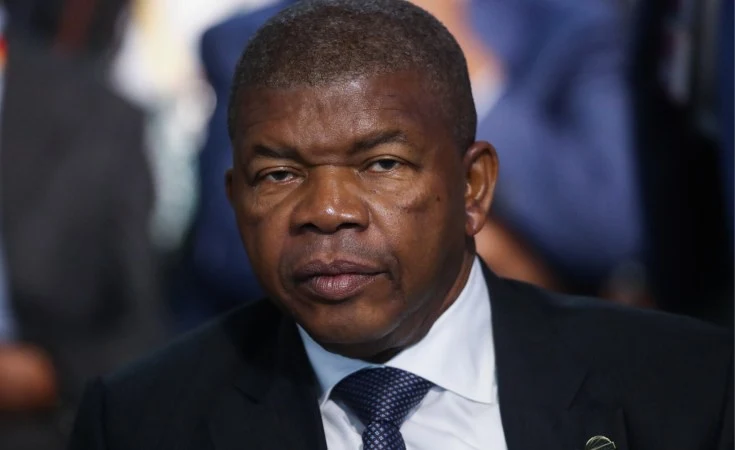President João Lourenço is about to address Angola’s National Assembly on the state of the nation.
This comes at a historic moment. A president faces an impeachment motion for the first time in Angola’s nearly 50-year history.
The opposition party, UNITA, is behind this bold move. Although it’s unlikely to succeed, the motion has unsettled the ruling party, sparking debates and concerns.
Growing Unrest in Malanje Province
People in Malanje are increasingly worried about their future. Before Lourenço’s address, they are speaking out.
They’re asking for solutions to urgent issues like hunger, unemployment, and frequent power outages.
In past speeches, the President made promises. Now, Malanje’s residents want him to outline concrete steps for improvement.

Civil Society’s Call for Local Governance
Civil society isn’t staying silent, either. Activists and community leaders await the President’s position on local governance.
This could be a turning point for Angola. Just one more law needs approval for local governance to become a reality.
Given the widespread hunger and poverty, activists insist this is a pressing need.
Government’s New Initiatives Under Scrutiny
The government has rolled out new plans like the “Laboratory of Ideas.” However, each new program intensifies the debate over local governance.
Many believe decentralized power could fix several issues.
Public Expectations for Upcoming Elections
With local elections on the horizon, the public’s focus is shifting. They see these elections as a chance for change.
Will the President seize this moment to commit to decentralization? Will he listen to the mounting concerns of his people?
In conclusion, the President’s upcoming address isn’t just a routine event. It’s laden with historical implications, public anticipation, and a call for meaningful change.
Background
In context, Angola has had a centralized system of governance since its independence in 1975.
For decades, this model has been under scrutiny. Critics argue that centralization often leads to inefficiency and neglect, particularly in remote regions.
This is why the recent push for local governance is significant. It represents a shift in how Angolans think about power and governance.
Historically, Angola has struggled with civil wars and political unrest. The ruling party has been in power since the end of the civil war in 2002.
This longevity has led to growing concerns about political competition and democracy.
As President Lourenço faces both impeachment threats and public pressure, it might be a moment for Angola to reassess its governance model and engage in meaningful political reforms.

